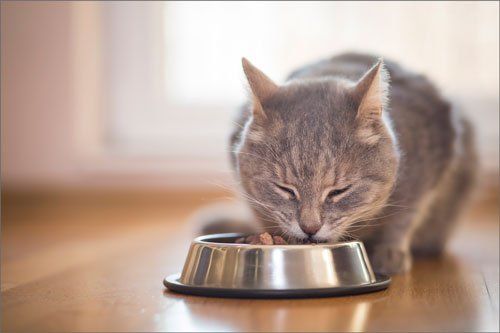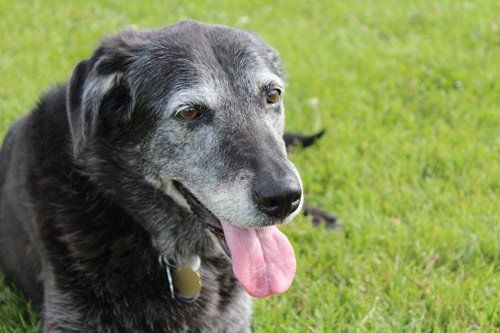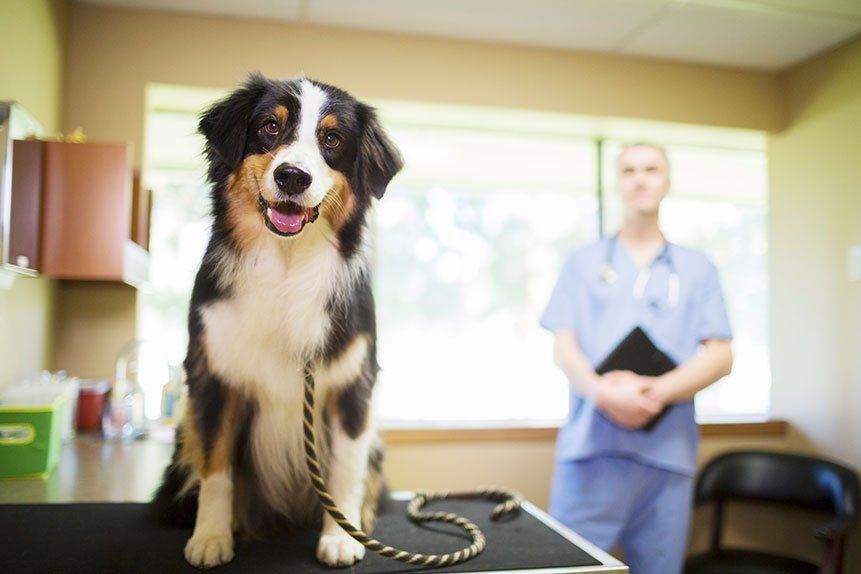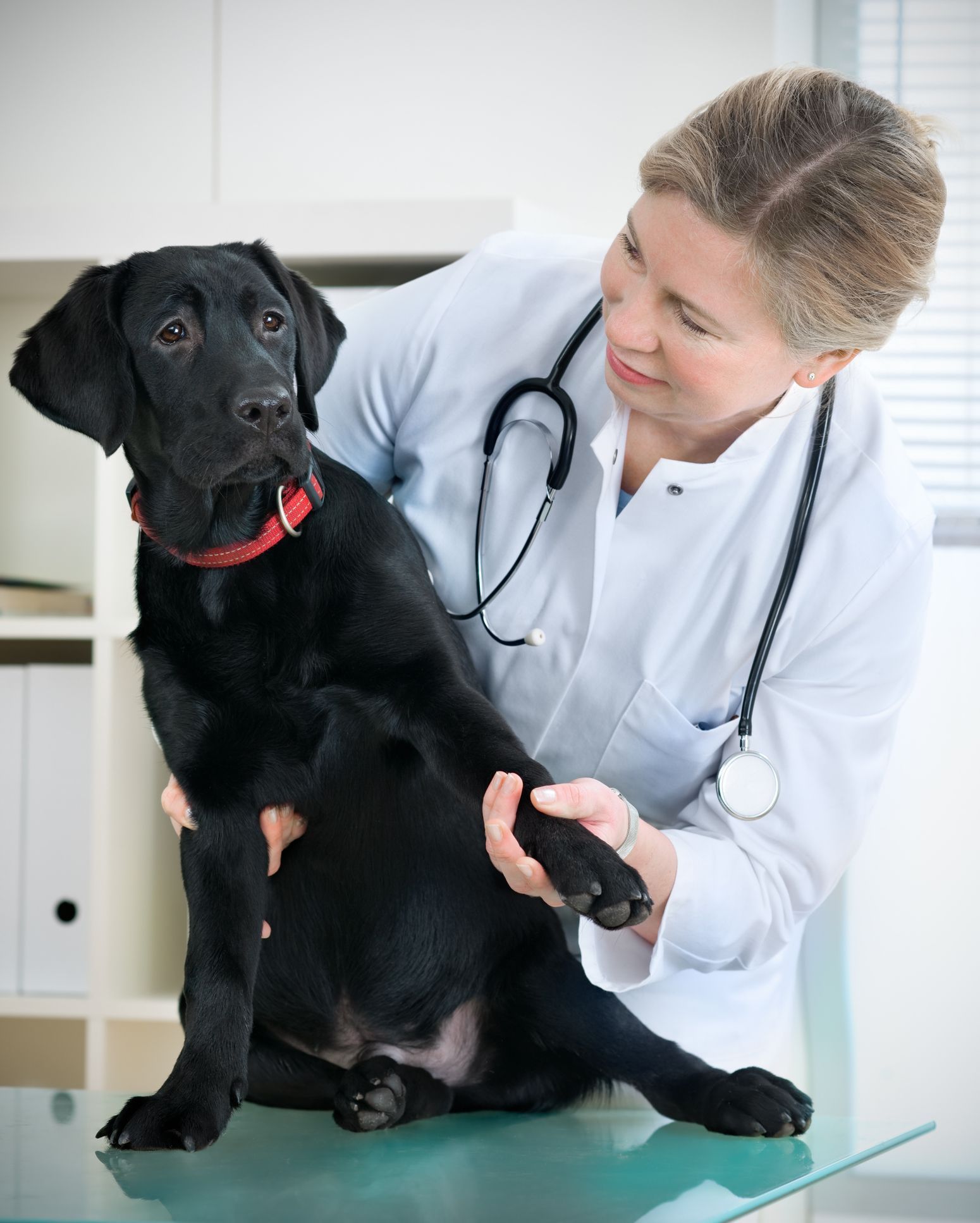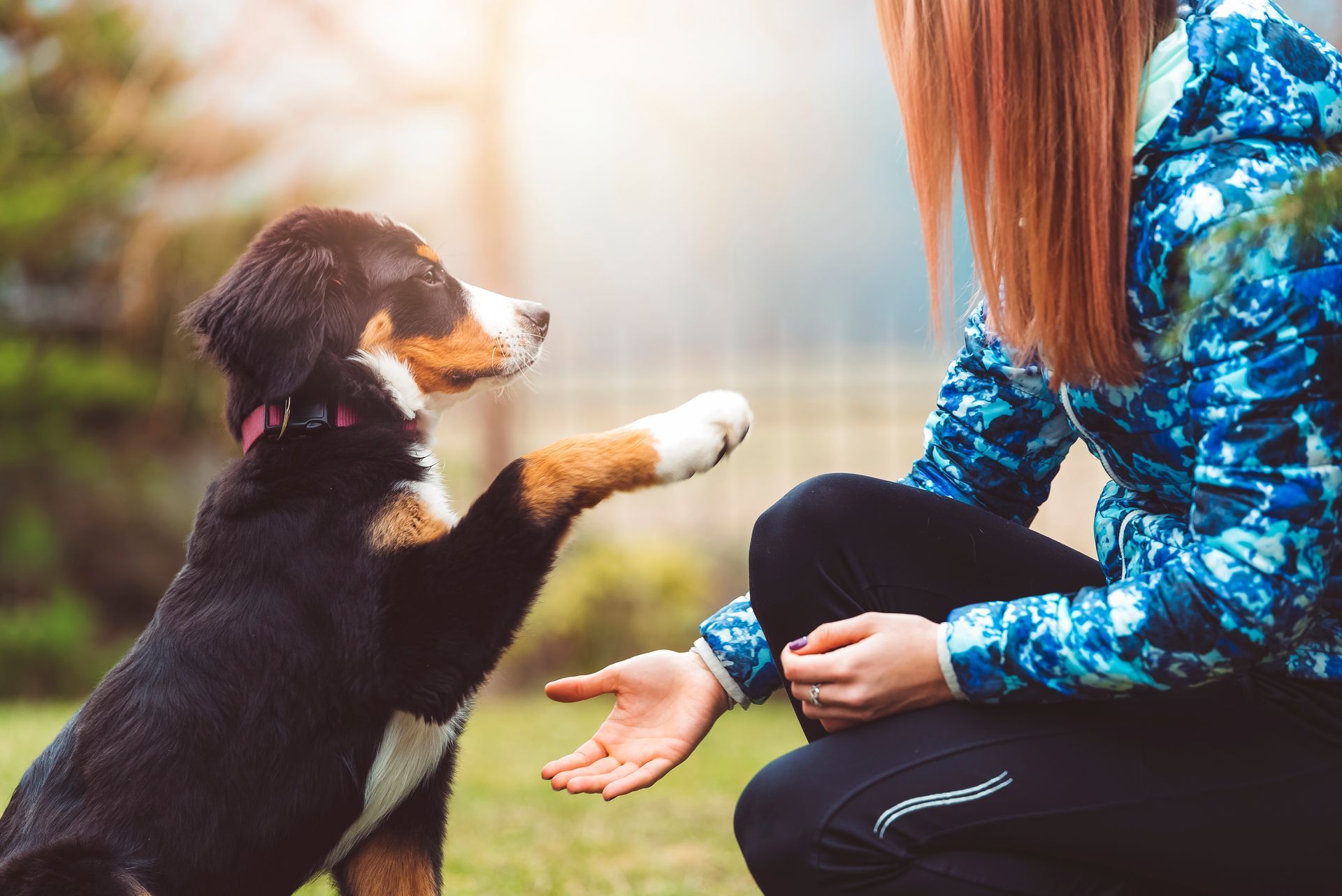7 Ways to Help Your Dog Lose Weight

Overweight dogs might look cute and cuddly, but all that extra weight they are carrying around isn't good for their health. Dogs with weight issues are more likely to experience serious health issues, including heart disease, decreased liver function, cancer and skin problems. If you help your furry family member get down to a healthy weight, you can increase his life span. Here are seven effective ways to help your dog lose weight.
Measure Your Dog's Food
If you do not properly measure your dog's kibble, your pooch could be consuming more calories than he needs, resulting in weight gain. That is why it is important to use a dry measuring cup every time. This way, you can ensure that you always give your furry family member the right amount of kibble.
Exercise Your Dog
Replace Junk Treats With Veggies
Feed Your Dog a High-Protein Diet
Not all dog foods are created equal. If you are trying to help your dog lose weight, it's essential to feed him food that contains a lot of protein because it is more filling and prevents muscle loss. When choosing your dog's food, make sure it doesn't contain excessive fillers and artificial additives.
Don't Leave Your Dog's Food Bowl Out
In order to lose weight successfully, your dog has to be put on a strict feeding schedule. If you leave his bowl out, your dog may eat when he's bored and end up consuming too many calories. Only put your dog's food bowl down when it is time to eat a meal.
Monitor Your Dog's Weight Loss
It's important to weigh your dog every week to check on his weight loss progress. If your dog is having trouble losing weight, it may be necessary to restrict more calories or feed him different food.
Consider Medical Issues

